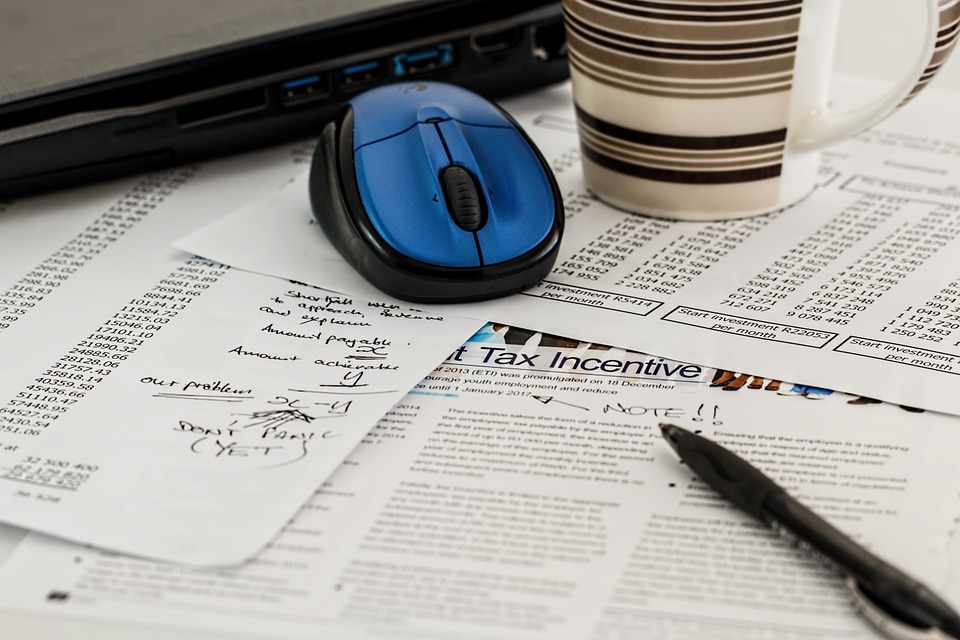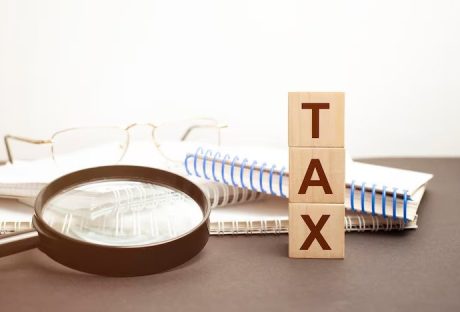Debt consolidation has become a very common practice in the modern world. Financial advisers encourage people to take this approach especially if you want to become debt-free. Always go for a credit card loan during emergencies and look for means and ways of clearing it fast. Credit cards loans only assist you because you get them very fast. However, they come with more disadvantages the benefits to the borrower. At this point, consolidating all your credit card loans into one big but cheaper loan becomes a necessity.
Importance of Debt Consolidation:
Debt consolidation loan refers to taking out a personal loan that is equivalent to the sum you owe on your high-interest credit cards. After you use the loan to pay off the credit card, you must now pay back the lender that extend the loan to you. If you can find a personal loan with a low-interest rate, you will be saving money in repaying your credit card debt. Lower interest rate means that you can pay off your credit card debt and become debt-free faster.
How Debt Consolidation Works:
Many online personal loan lenders offer a loan amount of up to $35,000 to more than $100,000. The loan amount that you get approved will depend on whether you have the income to pay back. Once you are approved of the loan, they may send you a check or direct deposit the amount into your bank. You can then use the funds to pay back the credit card debt yourself. Some lenders can help you to submit the payment to your preferred credit card companies. In this case, you have to tell them what lenders to submit the payment and the amount to submit for each lender.
Read More: Top 5 Types Of Startup Business Loans
Other benefits of Debt Consolidation:
Now that you can afford to pay back the loan, you must be diligent in making the repayment every month. In this way, your credit score will be build-up by the time you finish repaying the loan. You should check your credit report prior to applying for a personal loan use for the purpose of debt consolidation.
The debt consolidation loan could also help to extend your loan term and reduce the monthly payment. Making a minimum payment on the loan means that you are only paying the interest rate. The actual amount you owe will remain the same in this case. This option is ideal for people who have limited income and need help in repaying the loan.
The lender will review your credit profile and financial documents when deciding whether to approve the loan. It is easy to get a low-interest debt consolidation loan when you have a good/excellent credit score. In addition, you also must have a low outstanding debt to qualify for a low-interest rate. The length of repayment will also affect the interest rate. Longer repayment term causes you to pay a higher interest rate.
A debt consolidation loan can consolidate your credit card debts into a single monthly payment. Before that, you have to remember different due dates from different credit cards to make sure you promptly submit the payment to the credit card company. It is easy to miss a payment when you have multiple due dates to remember. Now, you just have one repayment date to remember. This ensures that you will always remember to make the repayment on time.
Read More: How To Get An Auto Loan At A Low-Interest Rate
Conclusion:
It’s a nice move to consolidate all your credit cards debts into a single but less expensive loan. You will have a peace of mind from the single installment and reduced interest rates. You will also rebuild your credit history as you continue repaying the loan as long as you make timely monthly installments.
Read More:
- Best Home Buying Tips For First Time Buyers
- Oh, Crop! Killer E-Commerce Mistakes You Need To Conquer
- Questions To Ask When Working With A Web Developer






















